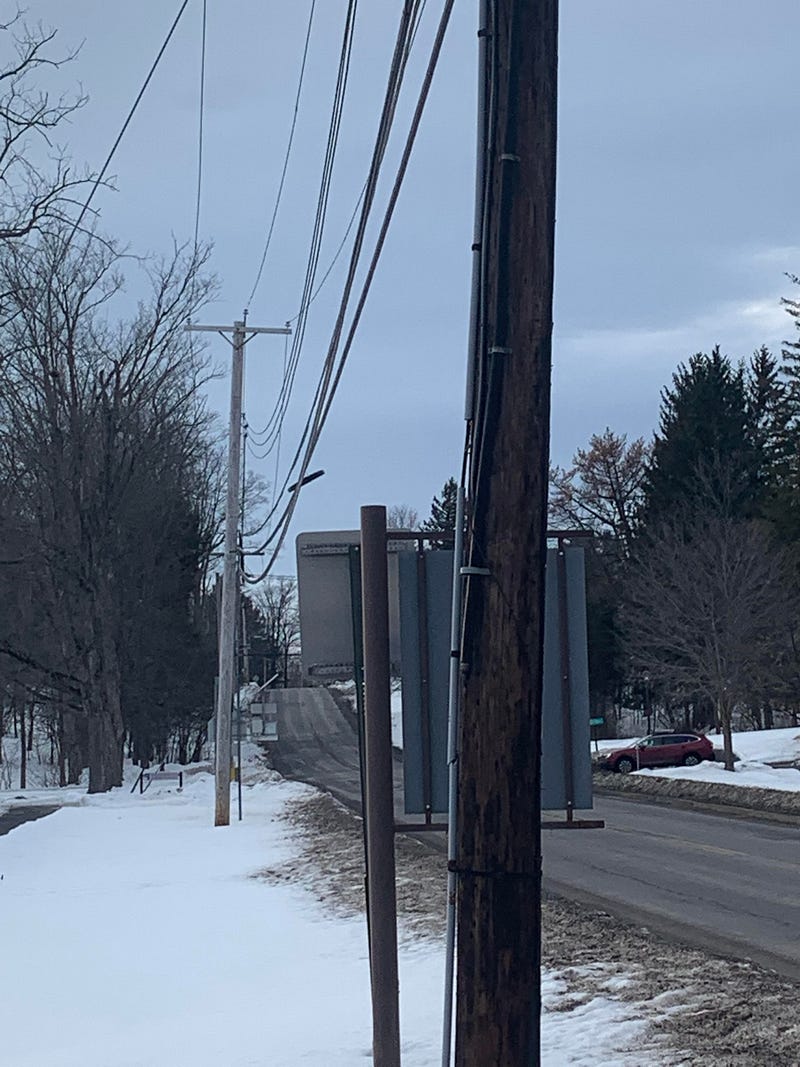
When I woke up Sunday morning, I had the immediate desire to get on my Xbox, eat a nice hot breakfast and then attempt to work through some of my Calculus homework. I am sure this routine sounds familiar to many of you, since Sunday can often be a sort of transition day between the fun of the weekend and preparations for the week ahead. However, my plans were halted when the buzz of my refrigerator suddenly went silent and I heard the click of my fan. My initial confusion dissolved as my phone stopped charging; the power was off. This led me to check whether this was just an issue with my room or if it was a whole campus issue by consulting arguably the most polarizing app on campus: Jodel.
Numerous posts on Jodel declared that the power was out across campus. An email sent at 10:59 a.m. from the Hamilton Emergency Response Team (HERT) confirmed these suspicions. It stated that “[the] College is aware of sporadic power outages on campus this morning. National Grid is aware and investigating the cause. [They] anticipate this will be a short-term event but will update the campus with more information as it becomes available.”
This email brought me little relief. It appears HERT has a different definition of the word “sporadic” than is traditional, because the power was out for approximately four-and-a-half hours. It took until 1:27 p.m. for them to send Hamilton students an email explaining the situation, writing that “it appeared the outage [was] due to an off-campus power line issue and National Grid is on scene [sic] investigating.”
Although the power eventually returned at approximately 3:00 p.m., the annoyance of a random power outage across campus should not be ignored. This is especially in light of the power outage Hamilton experienced on Nov. 9, which made it difficult for students and faculty to handle classes effectively. The repetition of a power outage means that this is not just a fluke incident, but rather a problem that should be permanently addressed.
According to the Hamilton College’s Emergency Action Plan for Unplanned Power Outages, there are three levels of unplanned outages. The first is an outage that has “minor impacts to individual rooms or small buildings” for a period not exceeding a day, the second is an outage that lasts for longer than a day, and the third is a multi-day and multi-building sci-fi movie-type disaster. These levels give the basis for how to protect students and faculty on campus in the event of a power outage, but they give no indication of how these outages might be prevented in the first place. While these levels are supposed to cover any possible situation, the power outage last Sunday does not fit particularly well within either Level One or Two due to it being a temporary outage that affected the entire campus.
The entire idea of a “minor impact” is arbitrary. Certainly a short power outage should not have fatal impacts, however, its effects are not minor because of how it affects the ability of students and faculty to do their work. The main goal of any college should be to foster a productive learning environment where students and faculty are able to complete their work effectively; random power outages prevent the completion of this goal.
I cannot pretend to know specific details regarding how Hamilton College is powered. Nevertheless, it is clear that too little effort has gone into solutions for power outages such as the ones that have recently occurred. The most obvious step should be to implement backup generators that can ensure that the dorms, academic buildings and dining halls can be powered in case of any potential outage. Although acquiring generators of this type would require a large investment, it should not be a prohibitively expensive allay for a college with a $1.47 billion endowment. The downsides that losing power causes for both productivity and the school’s reputation makes such generators well worth the expenditure.
One major effect of the COVID-19 pandemic on many of our lives was an increased emphasis on the role technology can play to facilitate the learning process. Power is essential for any college to function properly and to make the best of these advances, and it is therefore essential that Hamilton develops a system that ensures electricity in perpetuity.
















